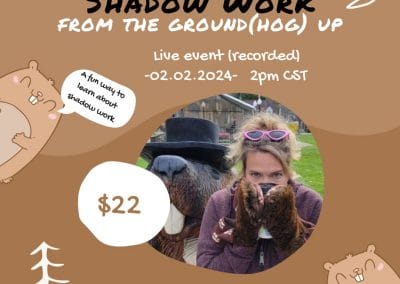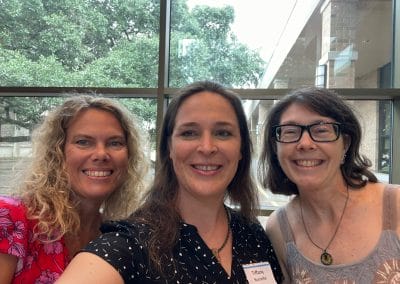The thief of joy
Teddy Roosevelt’s saying is all over the internet and self-help books, but does research support the idea? The answer is yes, but there are things we can do about it.
More than 10% of our daily thoughts are based on comparison (Summerville & Roese, 2008).
Social comparison theory posits that people base their worth upon how they compare with others. We begin social comparison early in life, particularly when we enter school full time, and it continues to be a source for our self-esteem. The problem is that these comparisons are often biased. They often trigger our inner critic, and they cause us to judge others. Scientists say that there are two types of comparison: upward and downward. Upward comparison means that we compare ourselves to someone we think is better than we are. This type of comparison can sometimes help give us inspiration and hope, but often, it is surrounded by unrealistic expectations and leads to low self-esteem (think unrealistic images on social media).
Downward comparison is the opposite. It’s when we compare ourselves to those we think are less fortunate than us. We tend to jump to these comparisons when we feel threatened (e.g., when we receive negative feedback or comments). Typically, we try to protect ourselves with these comparisons (e.g., “Well, it could be worse. I could be like….”), but as a result, we focus far too much on others’ misfortune and miss their positive attributes. Downward comparison can lead to a lack of empathy. Plus, the effects of this type of comparison are short-lived. Researchers have found that downward comparison is associated with higher rates of burnout and emotional exhaustion (Carmona et al., 2006).
Curious what coaching can do for you?
Schedule your free 30 minute discovery session to find out if coaching is right for you.
Comparison and creativity
Comparison can be tricky in any situation, but it definitely robs the joy out of our creative efforts. It keeps us from celebrating our own contributions to the world. It’s a wonderful thing to draw inspiration from others and to support their work, but when we use it as a measuring stick for our own endeavors, it becomes dangerous.
“That the powerful play goes on, and you may contribute a verse”–Whitman
We create things because they are born of passion. Whether it’s a piece of music, a painting, a poem, or an exciting new project at work, we began from a place of passion. When we consider the work of others, we should consider them in their own right, not as a comparison tool. In fact, the more we let go of comparison, the more we can enjoy the work of others (and our own work). How boring would life be if we all conformed to the status quo? As the Whitman quote above reminds us, you have a verse to contribute to the whole. Stop the troublesome comparisons, and start creating.








